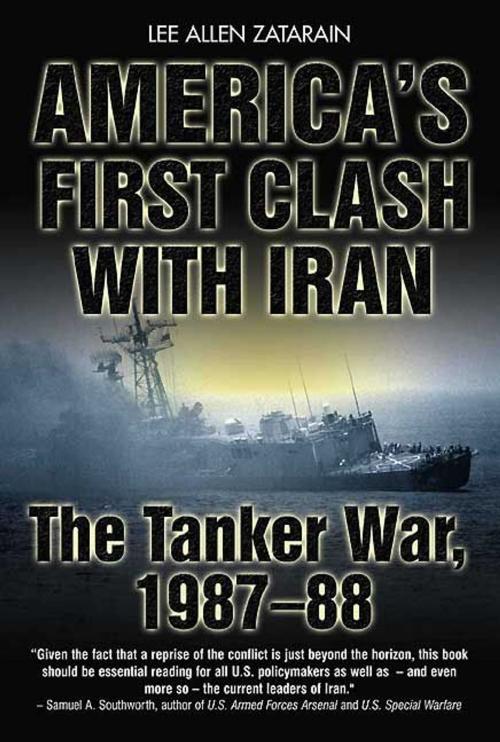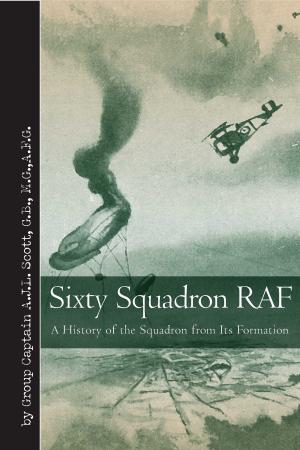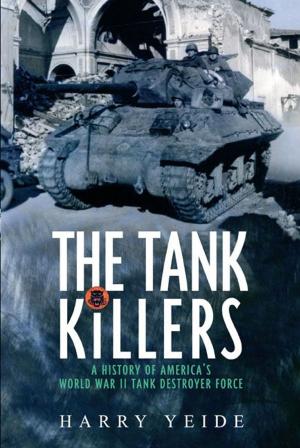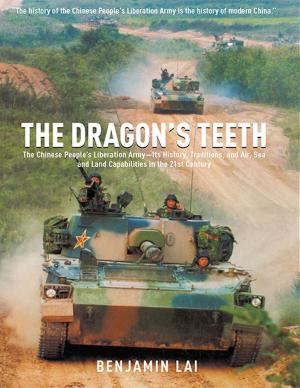America's First Clash With Iran The Tanker War 1987-88
The Tanker War, 1987–88
Nonfiction, History, Middle East, Persian Gulf War, Military, Modern| Author: | Zatarain Lee Allen | ISBN: | 9781612000336 |
| Publisher: | Casemate | Publication: | November 22, 2010 |
| Imprint: | Casemate | Language: | English |
| Author: | Zatarain Lee Allen |
| ISBN: | 9781612000336 |
| Publisher: | Casemate |
| Publication: | November 22, 2010 |
| Imprint: | Casemate |
| Language: | English |
In May 1987 the US guided missile frigate Stark sailing the waters of the Persian Gulf was suddenly blown apart by the air force of Iraq. A fifth of the crew were killed and many others horribly burned or wounded. This started one of the most mysterious and underwritten conflicts in American history: "The Tanker War " for control of the Mideast's oil supply.This quasi-war took place in the shadows of the mammoth Iran-Iraq War coinciding with the last years of the Reagan administration. Losing on the battlefield Iran had decided to close the Persian Gulf against shipments from Iraq and their oil-rich backers Kuwait. The Kuwaitis appealed for international help to protect their tankers the Soviet Union was first to respond. Prompting the United States to react more energetically and America sent its own fleet.The result was a free-for-all as the Iranians laid mines and launched attack boats. The US Navy fought its largest surface battle since World War II against the Iranian assault boats.In the meantime US Navy Seals arrived in the Gulf at an abandoned hulk from which they would sally out to combat the Iranians. These actions have become well known in Special Forces literature but until now the public has not realized the magnitude of this secret war. In July 1988 nervous triggermen aboard the USS Vincennes shot an Iranian airliner out of the sky killing 300 civilians one month before the end of the war. It may have been the final straw to influence the Ayatollah to finally drink from his "poisoned chalice " closing it down.Lee Zatarain a Washington-based attorney combined recently released Pentagon documents firsthand interviews and a determination to find the truth resulting in the fantastic book. The Tanker War reveals a conflict that few of us recognized at the time. Now that the war drums are sounding again it's fortunate that we can finally read the full story of America's first war against Iran in the Gulf.
In May 1987 the US guided missile frigate Stark sailing the waters of the Persian Gulf was suddenly blown apart by the air force of Iraq. A fifth of the crew were killed and many others horribly burned or wounded. This started one of the most mysterious and underwritten conflicts in American history: "The Tanker War " for control of the Mideast's oil supply.This quasi-war took place in the shadows of the mammoth Iran-Iraq War coinciding with the last years of the Reagan administration. Losing on the battlefield Iran had decided to close the Persian Gulf against shipments from Iraq and their oil-rich backers Kuwait. The Kuwaitis appealed for international help to protect their tankers the Soviet Union was first to respond. Prompting the United States to react more energetically and America sent its own fleet.The result was a free-for-all as the Iranians laid mines and launched attack boats. The US Navy fought its largest surface battle since World War II against the Iranian assault boats.In the meantime US Navy Seals arrived in the Gulf at an abandoned hulk from which they would sally out to combat the Iranians. These actions have become well known in Special Forces literature but until now the public has not realized the magnitude of this secret war. In July 1988 nervous triggermen aboard the USS Vincennes shot an Iranian airliner out of the sky killing 300 civilians one month before the end of the war. It may have been the final straw to influence the Ayatollah to finally drink from his "poisoned chalice " closing it down.Lee Zatarain a Washington-based attorney combined recently released Pentagon documents firsthand interviews and a determination to find the truth resulting in the fantastic book. The Tanker War reveals a conflict that few of us recognized at the time. Now that the war drums are sounding again it's fortunate that we can finally read the full story of America's first war against Iran in the Gulf.















